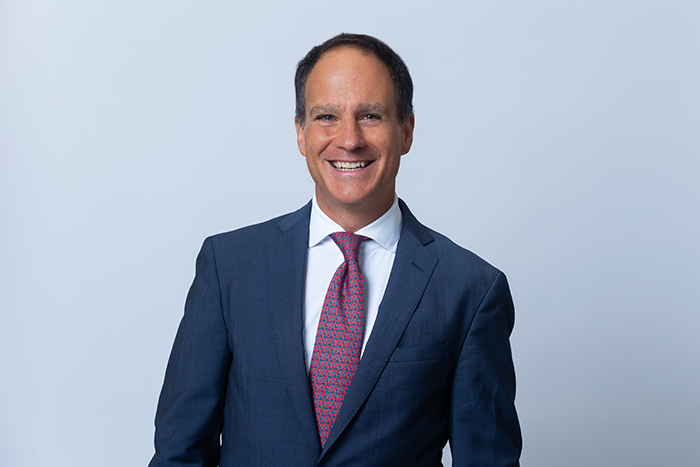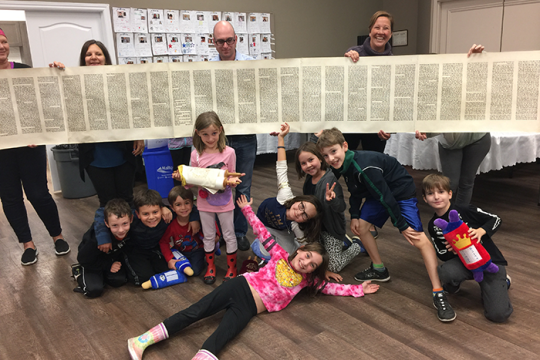
A few weeks ago, I had to plead with the people I called on my cell phone. As my calls went through, they answered but couldn't seem to hear my voice. Each time, I called out, louder and louder, "It's me! It's Jonah! Can't you hear me?"
Like many of us, I have become so reliant on my phone that I felt a rising sense of panic as call after call became an exercise in futility. I could hear the voices of my professional colleagues and family members, but I had to listen powerlessly as they, irritated, repeated, "Hello? Hello?" before finally hanging up. No matter what I did, I could not be heard. Eventually I came to realize that I wasn't just out of range, my phone was actually broken. Though only a trivial inconvenience, I realized how frustrating it is to move one's mouth and not be heard.
On Rosh HaShanah, we read the Haftarah portion that tells the story of Hannah, who "moved her lips, though her voice could not be heard." (First Samuel, 1:13) Hannah was at a point of desperation. She yearned to bear a child, and she came to the sanctuary to pour out her heartfelt plea to God. Recorded in the Book of Samuel, these verses tell the tale of a woman whose prayer is so intense, the priest mistakes her for a drunkard. Eli scolds Hannah, saying, "How long will you make a spectacle of yourself? Sober up!" Hannah explains her sorrow and tells this powerful religious figure that she has been lost in prayer, desperate to have a child. Corrected, Eli offers her his wish that the God of Israel hear and answer her prayer. Sometime later, Hannah bears Samuel – whose name means "God has heard" – and dedicates him to the service of the Holy One.
Hannah's story is a comfort to all of us who will gather during these highest of holy days and wonder: Can you hear me?
The "you" we wonder about has several manifestations.
We may ask, "Do You hear me, God?" Though we may experience various kinds of responses we call divine, we can never count on more than mystery. We also ask it about others in our lives. Do you, my family, friends, and colleagues, hear my teshuvah, my repentance? Do you hear my words of thanks, sorrow, and rebuke? Hopefully, we even question whether we hear our own voices, speaking words of our heshbon ha-nefesh, our accounting of the soul, to ourselves and out loud. Hannah challenges us to move our lips, and to truly be heard, at least within ourselves if not beyond.
In many Reform congregations, we will precede Hannah by reading the first verses of Genesis. Celebrating another cycle of a year, full of seasons and renewing environmental phenomena, we will recount the moments of God's initial acts of creation: "And God said, Let there be light; and there was light!" God created the universe with the articulation of a phrase. It is heard. The response comes in the formation of light, matter, and energy. God's creating the very universe through the spoken word is a fascinating parallel to Hannah, who "moves her lips and is not heard." Though not audible (heard literally), like God's, Hannah's words draw a response; functionally they are heard. Did God speak aloud or, like Hannah, were the words articulated in silence? Metaphorically, were God's lips moving, with no actual sound emanating?
The teaching for us this Rosh HaShanah is a reminder that words are not heard simply because they are spoken. Their impact can only be gauged by the reaction they create, whether in the epic, cacophonous sounds of the creation of the universe itself, or in the still silence of a deeply personal prayer. May we all pause on this Rosh HaShanah and meditate on the poetry of our souls, whose power may be in their silence.
Rabbi Jonah Pesner serves as senior vice president of the Union for Reform Judaism.




